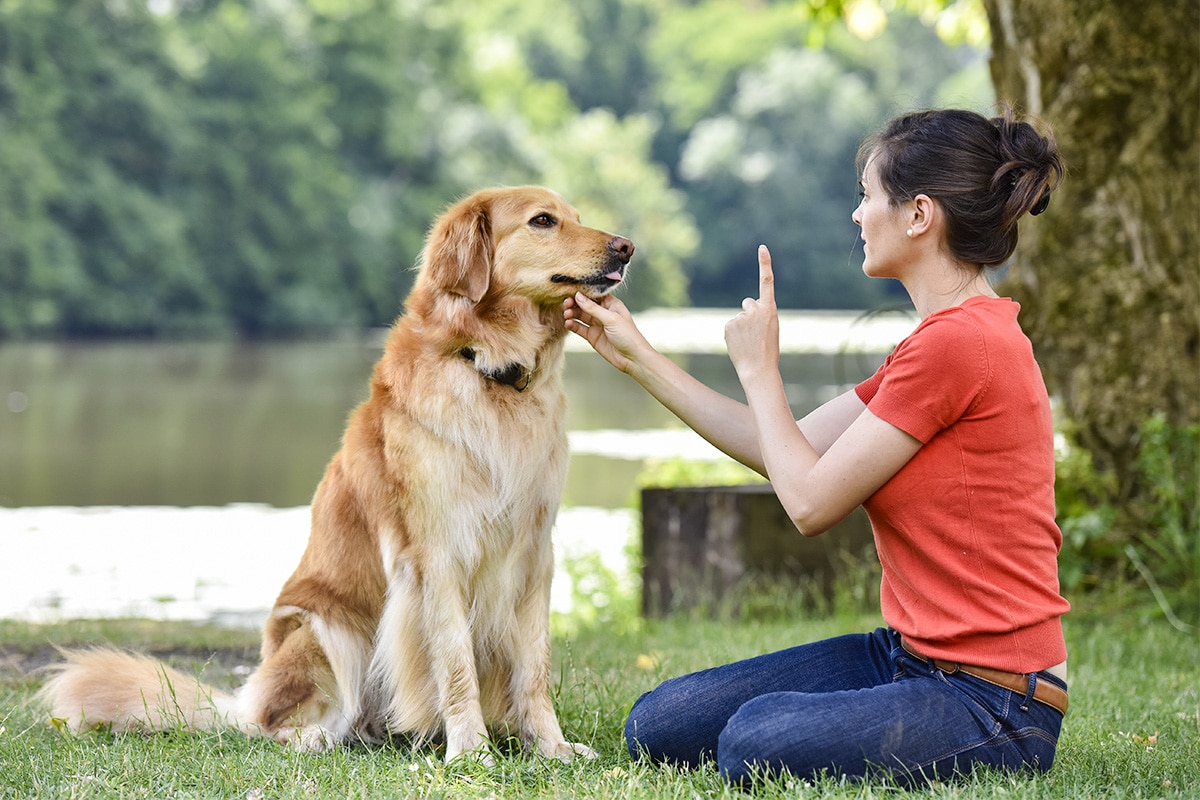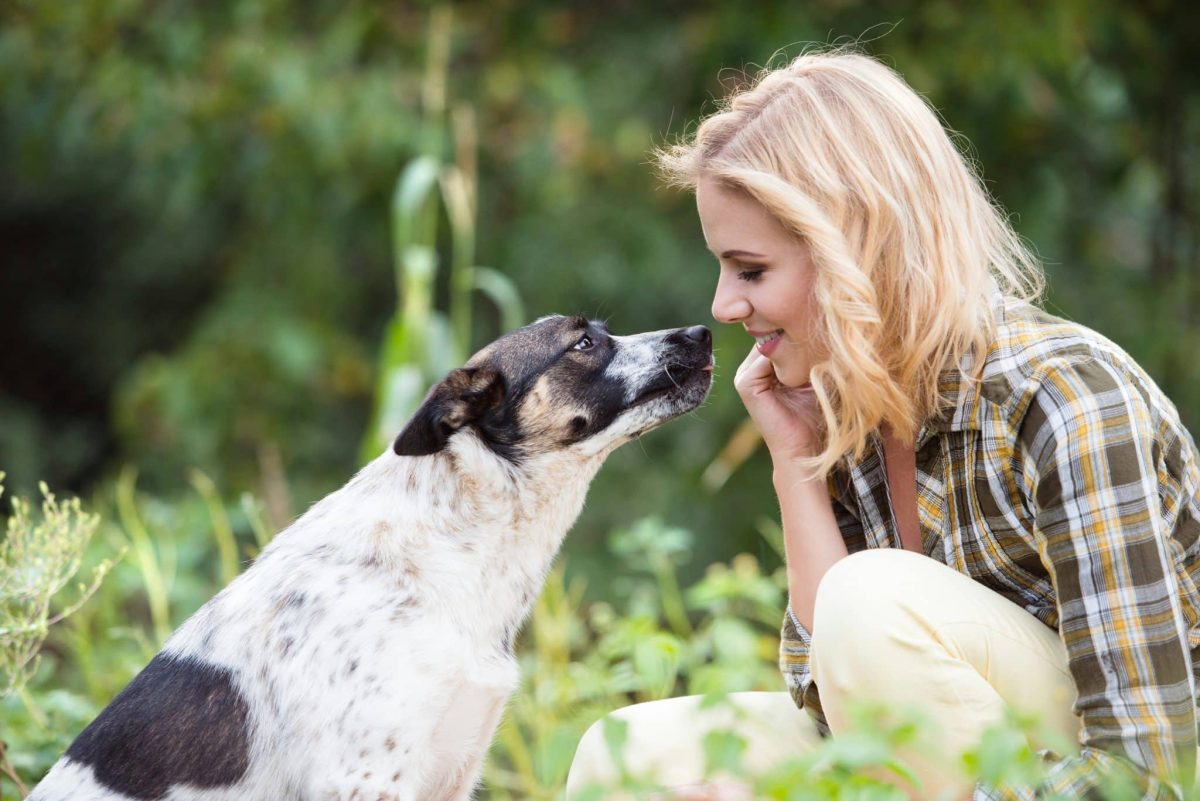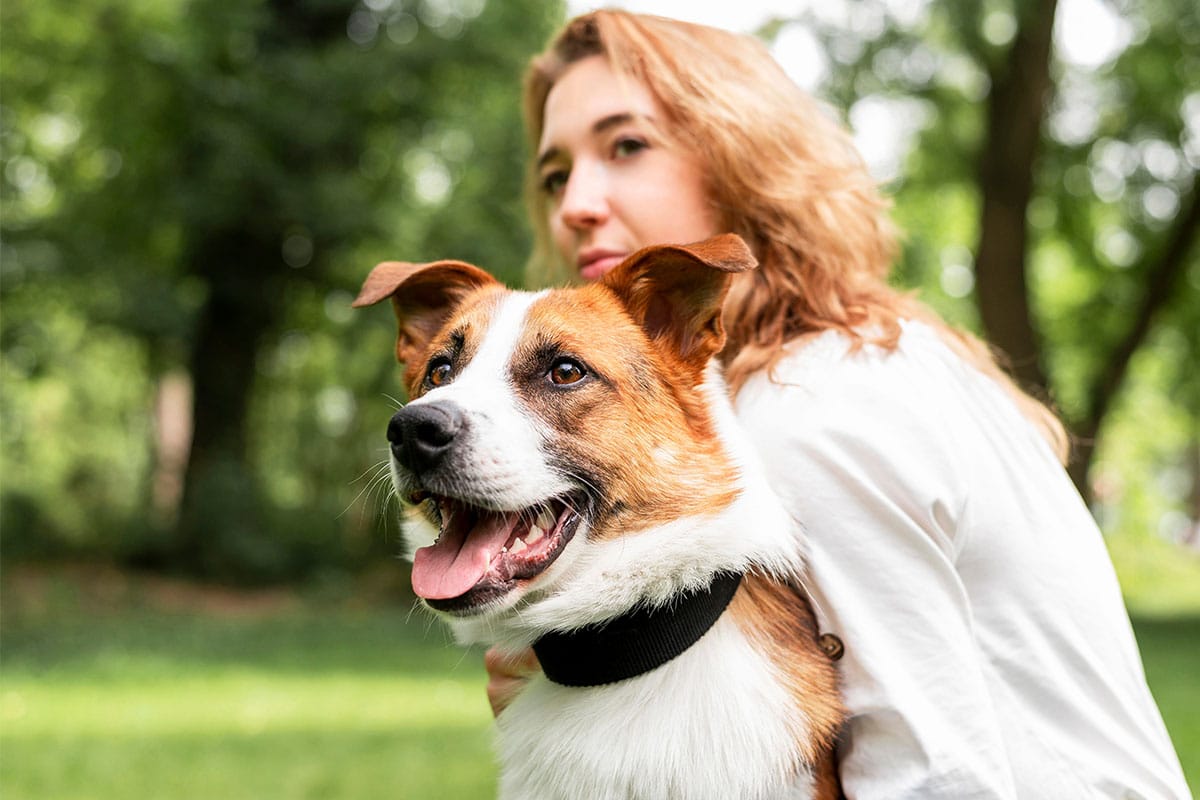
Check out our latest products
Shutterstock
Dogs might look like playful companions with a fondness for belly rubs and tail chasing, but there is far more happening behind those expressive eyes than most people realize. Beneath the fluff, the wiggles, and the goofy charm lies a mind capable of recognizing emotions, understanding routines, and even detecting deception. These animals are not just cute they are quietly brilliant, emotionally aware, and deeply intuitive problem solvers. These fascinating facts shine a light on just how clever, resourceful, and unexpectedly intelligent our furry companions truly are.
Dogs Can Learn Hundreds of Words

Shutterstock
Dogs do more than respond to basic commands. Some have been shown to understand over a thousand words, recognizing names of objects and people. They can distinguish between nouns and actions and retrieve specific toys by name. This level of language comprehension puts them on par with the learning ability of a toddler.
Dogs Can Read Human Emotions

Shutterstock
Dogs have an uncanny ability to read human facial expressions and moods. They often mirror your feelings or act to comfort you when you are sad or anxious. Their reactions are based on subtle cues like posture, tone, and even scent changes. This emotional intelligence strengthens the bond they share with their humans.
Dogs Can Solve Puzzles

Shutterstock
Give a dog a challenge, and you will see just how resourceful they can be. Many dogs can unlock latches, navigate mazes, and manipulate puzzle toys to get a reward. Their ability to test strategies and remember solutions is a sign of real problem solving skills. They are not just reacting—they are thinking critically.
Dogs Can Detect Illness

Shutterstock
Dogs can smell changes in the human body that even medical tests may miss. They have been trained to detect conditions like cancer, diabetes, and seizures before symptoms appear. Their powerful sense of smell can identify chemical shifts linked to illness. This makes them both companions and life saving helpers.
Dogs Know When You Are Lying

Shutterstock
Studies have shown that dogs can detect dishonesty in human behavior. If you give false cues repeatedly, your dog will stop responding or trusting those signals. They learn quickly who is reliable and who is not. This shows that they use memory and logic to make judgments.
Dogs Understand Fairness

Shutterstock
Dogs can tell when they are being treated unfairly. If one dog gets more treats than another for the same trick, the other may stop participating. They recognize unequal treatment and respond emotionally to it. This sense of fairness is rare in the animal kingdom and speaks to their complex emotions.
Dogs Use Mental Maps

Shutterstock
Dogs remember their environment and form mental maps to navigate it. They can retrace their steps or locate specific places and objects with impressive accuracy. This spatial awareness helps them adapt to both familiar and unfamiliar settings. It also explains how some dogs can find their way home from miles away.
Dogs Predict Human Behavior

Shutterstock
Before you grab your keys or lace up your shoes, your dog may already be waiting at the door. Dogs learn to associate small actions with future events. They predict routines and react to cues faster than we realize. This shows an advanced understanding of cause and effect.

Shutterstock
Though uncommon, some dogs have learned to use objects to achieve their goals. For example, they might move furniture to reach food or open doors with clever tricks. This kind of behavior demonstrates abstract thinking and adaptability. It proves that they are more inventive than we give them credit for.
Dogs Learn by Watching

Shutterstock
Dogs often learn not just through repetition, but by watching others. They can imitate humans or fellow dogs to pick up new skills. This observational learning shortens the time it takes to teach commands or tricks. It is a method usually associated with primates and advanced learners.
Dogs Feel Complex Emotions

Shutterstock
Dogs experience emotions like jealousy, embarrassment, anticipation, and joy. They sulk when they feel left out and brighten when praised. Their reactions are not random—they are based on memory, context, and emotional connection. This emotional range makes them deeply empathetic creatures.
The Tail End Of Brilliance

Shutterstock
Dogs may not solve equations or compose music but their intelligence shines in quiet powerful ways. They sense your moods adapt to your habits and often respond with perfect timing. Their brilliance comes from emotional intuition sharp observation and a knack for understanding people better than people do. These companions do not need words to communicate or logic puzzles to impress. When your dog comforts you or outsmarts you remember this is a genius in fur who just prefers biscuits over textbooks.







![[5G & 2.4G] 2K Indoor Security Camera for Home Security, AI Voice Change for 2-Way Talk, Motion Detection, Night Vision, 24/7 SD Recording/Cloud Storage, WiFi Home Camera, Pet Cam with Phone App](https://i3.wp.com/m.media-amazon.com/images/I/61I2U+sTT3L._AC_SL1500_.jpg?w=300&resize=300,300&ssl=1)






